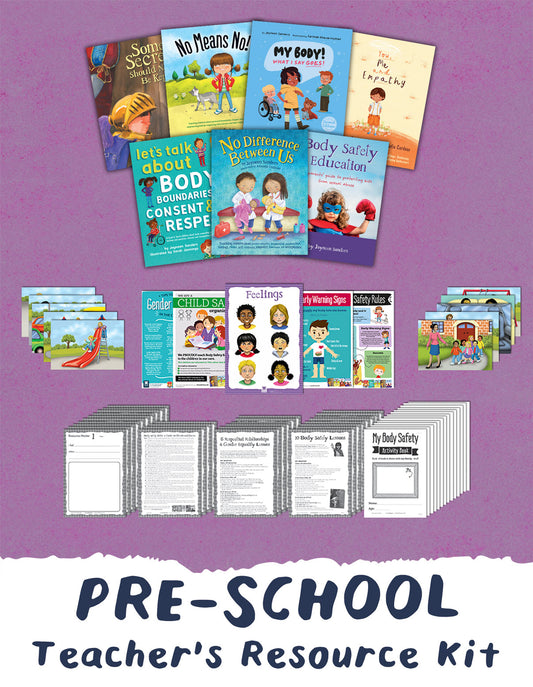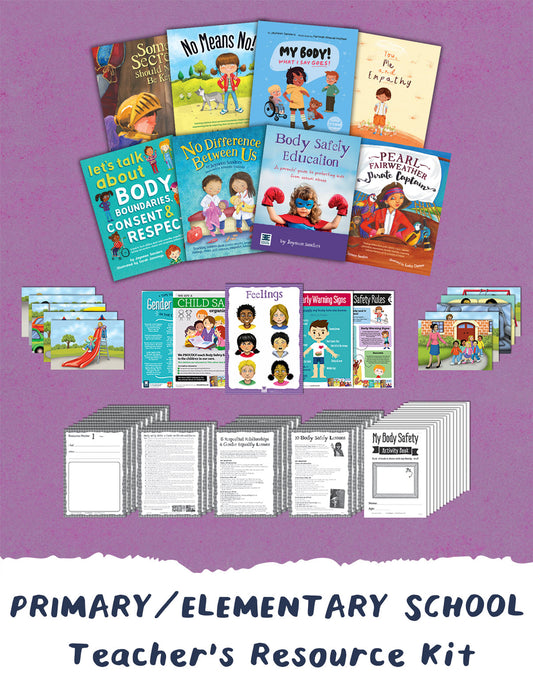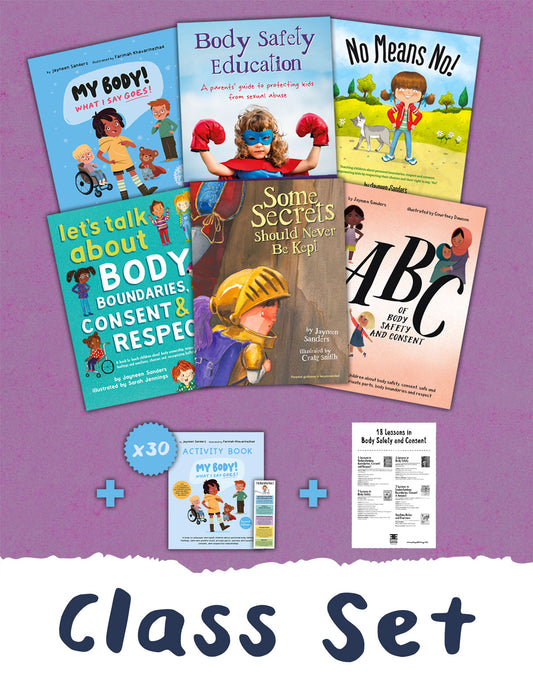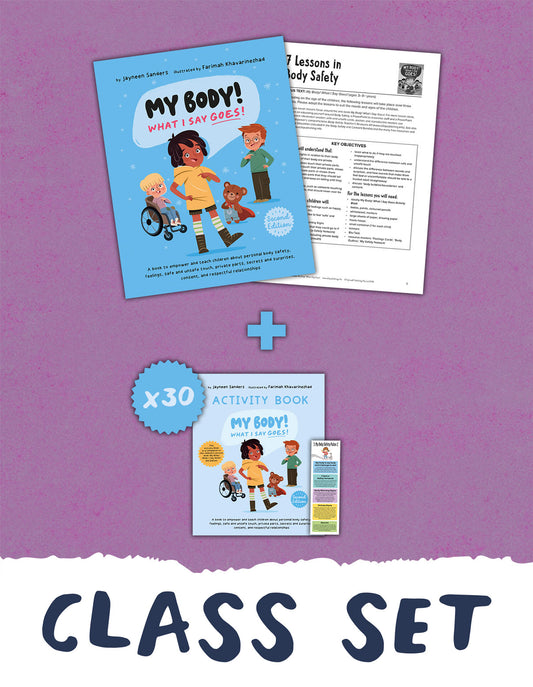As a mother of three teenage daughters and an experienced elementary school teacher, I am deeply concerned about our kids. Let me explain. Children today live in a world filled with technology — ipad interaction from birth, social media from pre-teens and access to everything and anything on the Internet from a very young age. Don’t get me wrong, as a teacher I know technology can be an amazing tool for learning. Extraordinary really. What does deeply trouble me, is the negative aspect of child/learner interaction with technology.
I have come back to teaching after four years away. What I found on my return, was many children (dare I say the boys) had a much lower attention span than I had previously experienced in my teaching practice. Where once I had five- and six-year-olds listening and focused for 15 minutes, they were now only engaged for around five minutes. After that period of time, eyes started to roam, feet began to fidget and turning around seem a more entertaining thing to do!
In a time of technology overload, and on-line and off-line societal pressures, I have come to the conclusion that we need to formally teach our children the following:
1. To be mindful of others and of themselves. That is, to show respect and empathy towards others, and to show respect and empathy towards themselves.
2. To be resilient. That is, we need children to feel confident about themselves and to be able to accept disappointment and even rejection without loosing a sense of self. The teaching of resilience goes hand in hand with children learning to be assertive — both about their bodies and their mindset.
3. To be focused learners. That is, I believe we formally need to teach children in a school environment to focus on a task and to slow their mind down, allowing them to sustain longer concentration.
In a practical sense, what can we as educators and parents do to assist our young children to become mindful, resilient and focused learners; and in turn, become mindful, resilient and focused teenagers and adults? Teenagers and adults who can survive the enormous pressures placed upon them — especially via social media.
Mindfulness
• Talk about and explore feelings and emotions with your child. Discuss what it feels like to happy, sad, angry, etc. Ask your child when they may have felt that way. ‘How did you feel when…? Why did you feel like that…?’
• Read stories regularly with an underlying moral message, eg ‘The Giving Tree’ by Shel Silverstein or ‘John Brown, Rose and the Midnight Cat’ by Jenny Wagner and discuss how the characters in the book were feeling. Take time to discuss the key messages after the reading.
• Encourage children to empathize with others in various social situations, ie, ask, ‘What would you have done if you were that little girl or boy?’
Resilience
• Encourage children if they first don’t succeed at a task, to try and keep on trying.
• Always provide positive reinforcement for jobs and tasks well done or attempted — as long as the child has tried to the best of their ability.
• Encourage good sportsmanship and model joy when others succeed.
• Listen to children. Children’s voices need to be heard and respected by adults. They have the right to say ‘no’ and the right to voice their wishes.
• Teach Body Safety from a young age so children will know their rights in relation to their body (see How to Educate Your Child in Body Safety)
. This knowledge will carry through into their teenage and adult lives.
Note: most often a child who is resilient and assertive will be a confident child. With the pressures on teenagers today, confidence is one thing they will definitely need.
Focus
• Reduce the amount of screen time your child has and the multi-tasking with various ipads, smart phones and computers available.
• Try to avoid giving your child your smart phone/ipad to keep them ‘entertained’. (I have seen a five-year-old show withdrawal signs from her ipad and consequently unable to focus on an investigative task at school.)
• Try a weekly mediation with your child, eg have them lie on their back in a comfortable spot (with eyes closed) for ten minutes, while you take them into an imagined special garden of their own with a pond, flowers, etc. Say, ‘Imagine you are opening the gate to your special garden, as you walk down the path you see…’
• Encourage children to take time to browse through picture books (the library is an ideal place for this) with detailed images and to really explore each image. ‘Where’s Wally?’ books are great for this.
• Provide old boxes, recycled plastics, tape, etc. and have children take time to build something based around their own imagination.
• Encourage outdoor play, family strolls, bike rides, outings, etc without time constraints.
As the world spins faster and faster and technology continues to grow and pull us into its web, mindfulness, resilience and being a focused learner will be crucial skills for all children as they progress into their teenage and adult years.
Jayneen Sanders (aka Jay Dale) is a teacher, author, mother of three teenage daughters and an active advocate for sexual abuse prevention education both in the home and in schools.
For more information on this topic and Jay’s book go to www.somesecrets.info
Now available on Amazon in 7 seven languages. http://www.amazon.com/Jayneen-Sanders/e/B00BDCGZ1W/ref=ntt_athr_dp_pel_1





